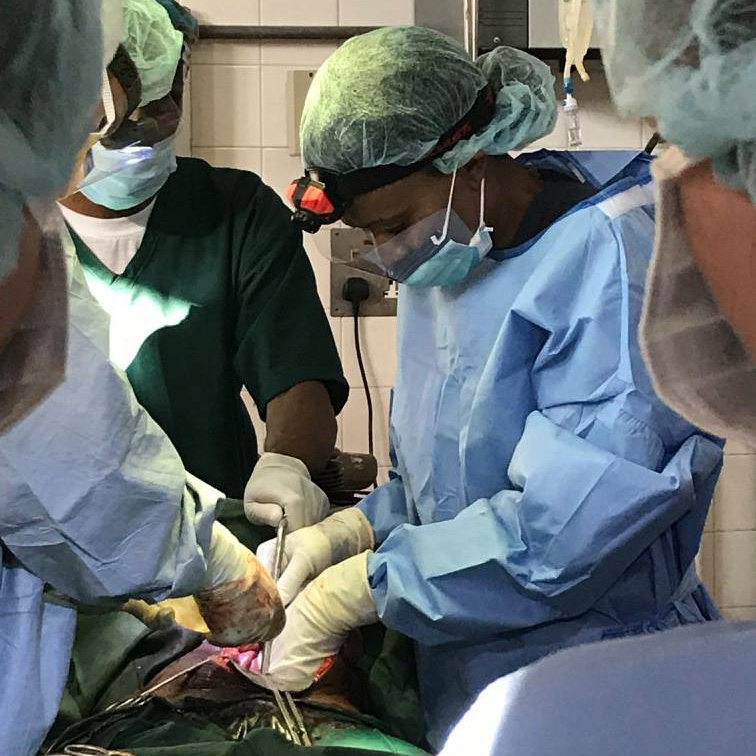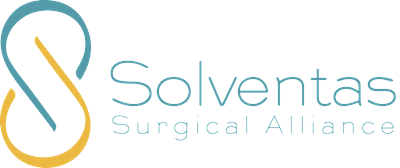Who We Support
SURGEONS AS PARTNERS
Solventas provides access to essential surgical care in the developing world by supporting existing local capacity and expertise.
SELECTING THE RIGHT LOCAL SURGEONS AS PARTNERS IS THE MOST IMPORTANT AND CRITICAL STEP IN THE PROCESS.

Target partners are experienced surgeons with all of the following characteristics:
Working and licensed in a low income or lower-middle income country* underserved by surgeons who perform essential, life-saving or life-improving procedures** and, if a specialist, willing to perform the essential procedures for which they are qualified along with their specialty.
Working in their country of birth or citizenship or wish to return to that country for the long-term (and who may be properly licensed there), or have shown a longstanding commitment to the developing country in which they live and work.
Would like to remain largely independent from government-run or large, integrated hospital systems (though cooperation and maintaining privileges with such systems is encouraged).
Have an excellent credit history and/or a demonstrated history of loan repayment.
Are willing to take risk along with Solventas and its affiliates, in the form of incurring debt or taking an equity interest in a surgical practice in which they will have a profit-sharing or equity earnings interest.
If you are a surgeon who fits these criteria, please contact us and we will e-mail you additional information and a pre-application.
*As those terms are defined by the World Bank. “Low income” countries are those with a per capita gross national income (GNI) of US$1,035 or less, and “lower middle income” countries are those with a per capita GNI of US$1,036 to US$4,085. Low income and lower middle income countries are also referred to as “developing countries” or “developing economies.”
**These essential procedures include, without limitation and in no particular order, those related to childbirth and uterine health (Caesarian section, fistula repair, hysterectomy, hysteroscopy, etc.); appendectomy; debridiment of wounds, burns and infections (including incision and drainage); skin graft; amputations; hernias; tonsillectomy; cholecystectomy; cataracts; cleft lip and palate; club foot; biopsies and other diagnostic surgical procedures, etc.
